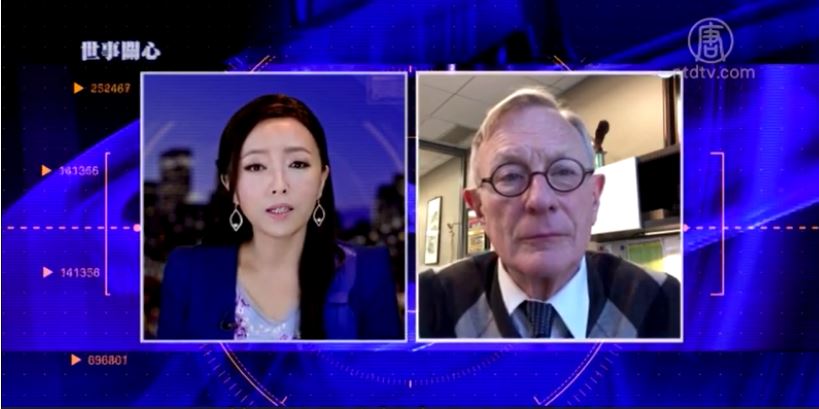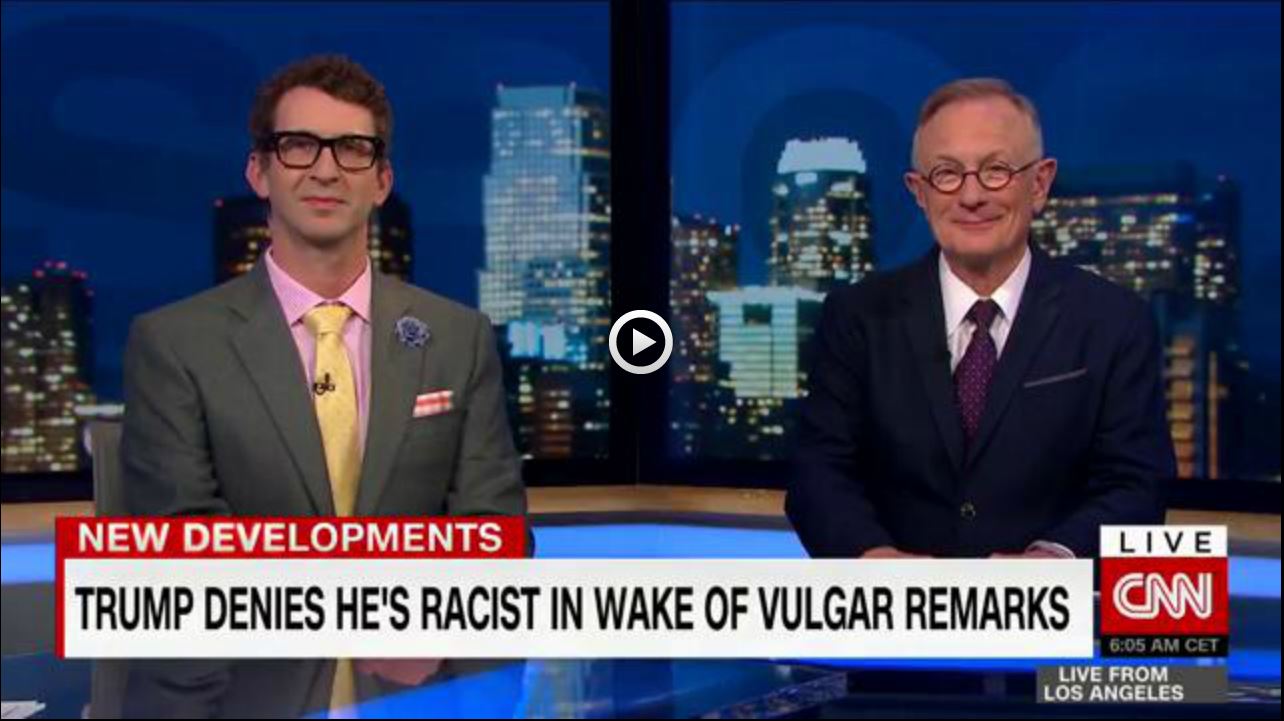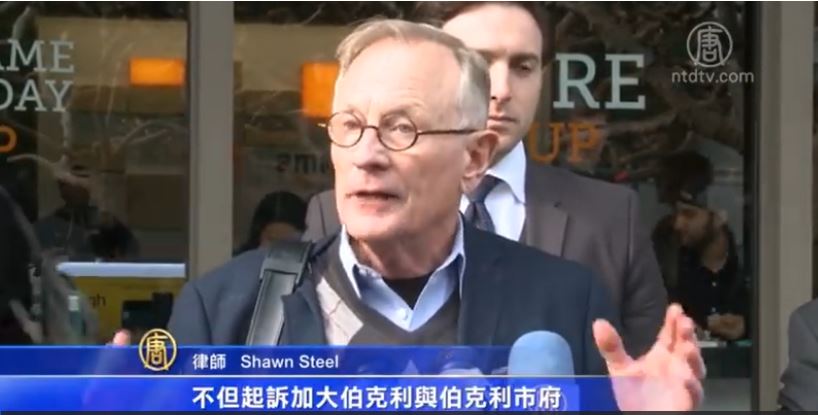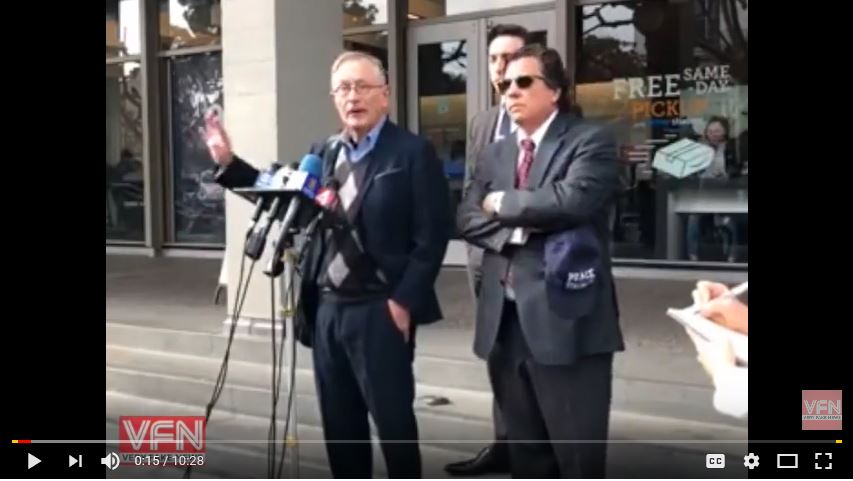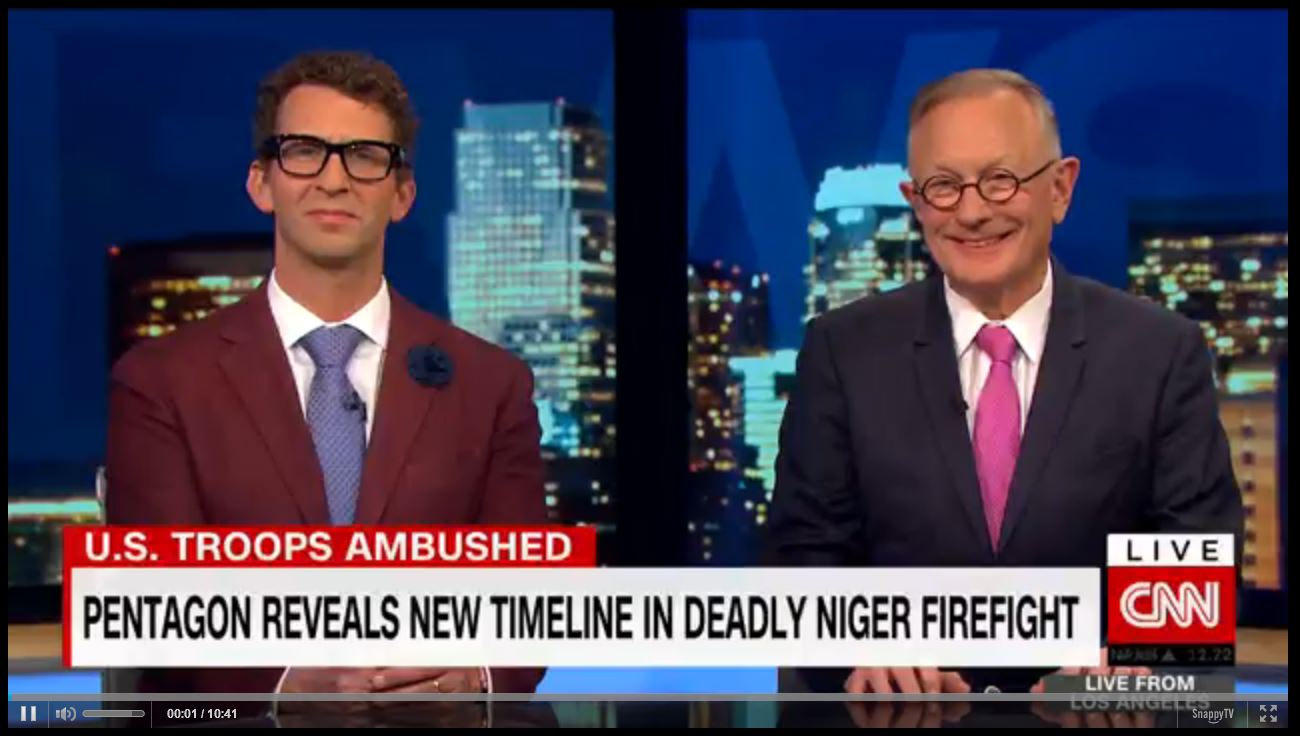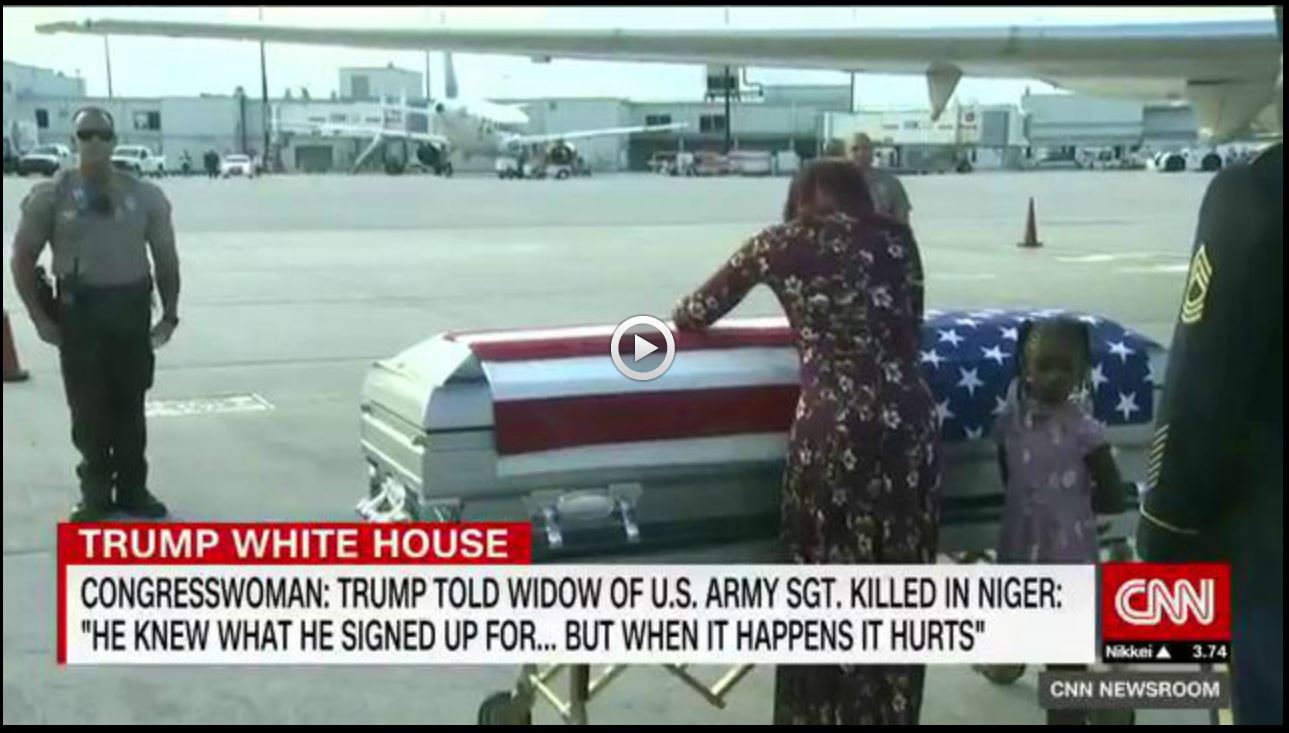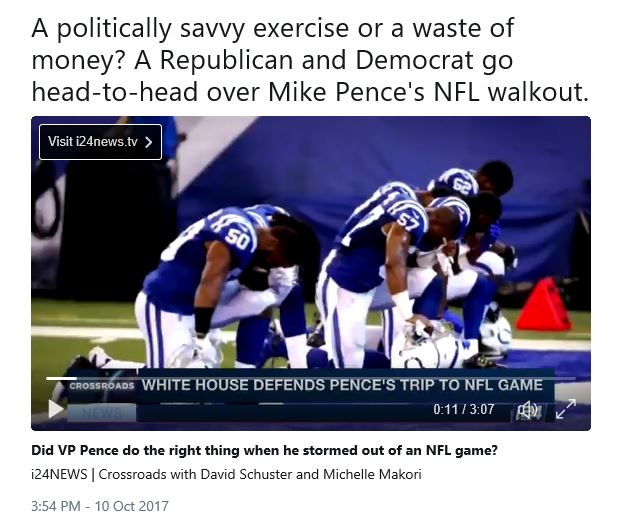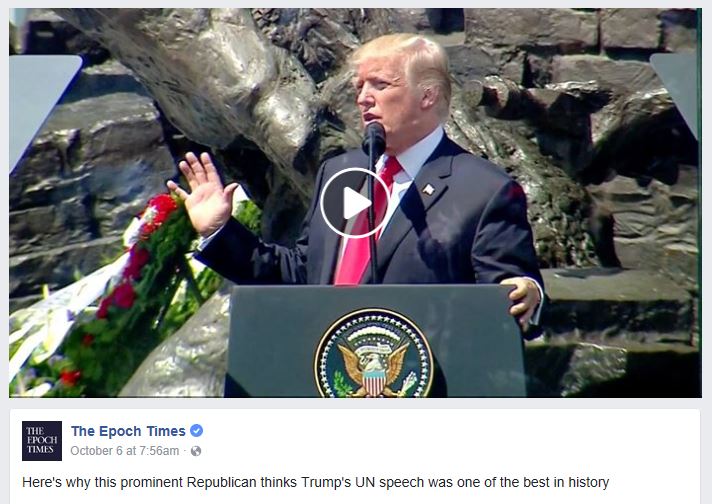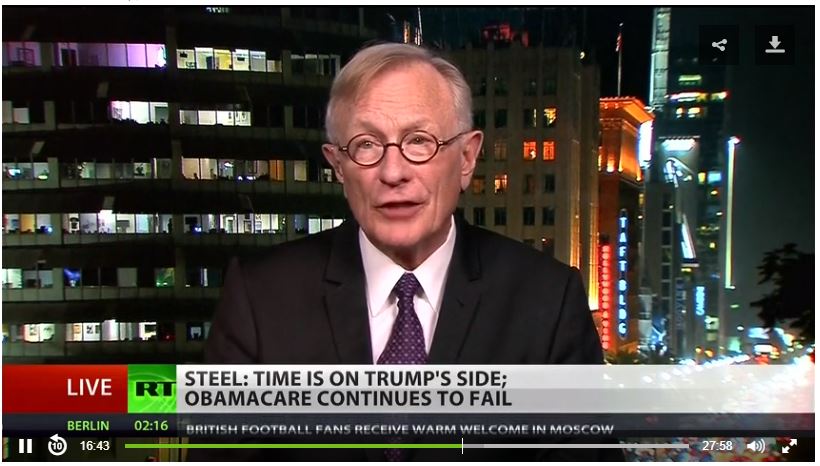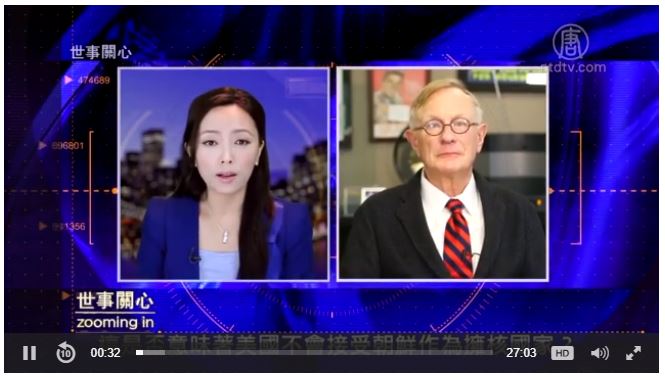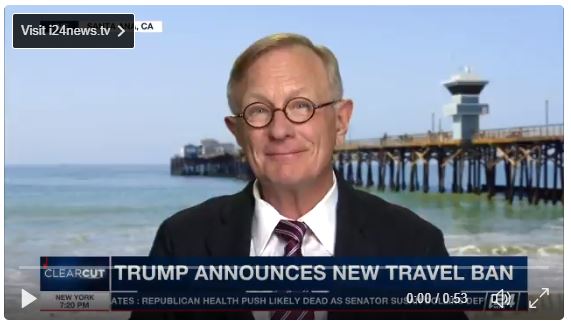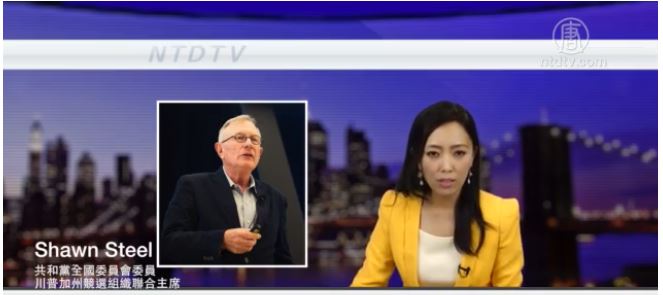Instead, much of the party apparatus is backing Atty. Gen. Dan Lungren’s top aide, Dave Stirling, who in turn has managed to alienate many of California’s county prosecutors.
Stirling’s opponent is Orange County Dist. Atty. Mike Capizzi, the focus of the party leaders’ anger.
The 58-year-old lawyers are strikingly different in approach and on issues, such as whether the state should further restrict assault weapons. Capizzi calls for more restrictions; Stirling says he opposes gun control. But the fight is over more than any one issue.
Capizzi has infuriated party leaders by prosecuting Assemblyman Scott Baugh (R-Huntington Beach) for campaign irregularities. The prosecution of Baugh and a half-dozen of his supporters has prompted some GOP leaders to question if prosecutors have too much power.
“Capizzi shows an ugly Stalinist side of prosecutors,” said state party treasurer Shawn Steel, a Los Angeles lawyer who raises money for Stirling. “This carte blanche we have been giving prosecutors is going to come back to haunt us. It gives government too much power.”
The Republican Party has not officially endorsed Stirling. But most party leaders back him, including 40 of 53 Republicans in the Legislature. Former Gov. George Deukmejian, now a lawyer practicing in Los Angeles, is one of Stirling’s leading fund-raisers.
What’s more, the state party, stirred to action by the Baugh matter, passed a resolution condemning Capizzi. “The depth of animosity toward Mike Capizzi is deep, and it is widespread,” state GOP Chairman Michael Schroeder says.
The GOP leadership is squarely at odds with district attorneys, themselves an overwhelmingly Republican crowd. Capizzi has been endorsed by 51 of California’s 58 county district attorneys. They praise his legal acumen and no-nonsense approach to prosecutions.
“Legislators and people involved in party machinery just have a difficult time realizing how important it is to be neutral when you’re deciding who is going to be prosecuted,” said Santa Clara County Dist. Atty. George Kennedy.
Capizzi Criticizes ‘Hypocrisy’
Capizzi, who has built a reputation filing corruption cases against public officials, shakes his head at the party leadership’s reaction to his candidacy. He has made corruption prosecutions--more than 50 by his count--a centerpiece of his campaign. Republican leaders didn’t complain when he and his deputies prosecuted Democrats, he says.
“There’s a high degree of hypocrisy,” Capizzi said.
For all the party rancor, the Republican candidates have attracted limited public attention, as they vie for the right to face the Democratic nominee--Sen. Bill Lockyer of Hayward, Sen. Charles Calderon of Whittier or San Diego lawyer Lynn Schenk.
The one public flap came when Stirling criticized the FBI for opening an inquiry this year into potential corruption in the Capitol, saying he doesn’t believe that investigative agencies should “go on fishing expeditions” into people’s affairs unless they have evidence of wrongdoing.
Capizzi blasted Stirling, saying he was surprised that a candidate for the top law enforcement post in the state would belittle the FBI effort.
Three of the state’s four attorneys general elected since 1970 have been Republicans. But both Lockyer and Calderon are better funded than this year’s Republicans.
Stirling and Capizzi raised roughly equal sums through the most recent reporting period--less than $500,000, not enough to wage a major statewide campaign. Aides to both say they will have enough for a modest television ad campaign before the primary.
Stirling hopes to benefit from the coattails of Lungren, who is leaving the office to run for governor. Although Lungren lauds his aide, he has not endorsed him in the primary.
When Lungren traversed the state in a luxury bus to kick off his gubernatorial campaign in February, Stirling, in an awkward spectacle, trailed the procession in his sedan. At the stops, Lungren would address the crowds. Stirling didn’t join Lungren on the dais.
Party leaders don’t view either Stirling or Capizzi as the sort of politicians who would someday become governor. Neither is a stirring speaker.
Capizzi can be especially cautious. He takes no position on Proposition 226, the measure to limit political activity by unions, or Proposition 227, to end most bilingual education. He reasons that he may have to defend both in court and he doesn’t want supporters or opponents to think he has prejudged the issues. Stirling opposes 226 and supports 227.
Capizzi casts himself as a “prosecutor, not a politician.” It’s a slap at Stirling and the three main Democratic contenders, and a reference to his years in the Orange County district attorney’s office. It was his first job out of the University of Michigan law school 34 years ago, and it’s the only place he has worked since.
In the 1970s, he argued a landmark U.S. Supreme Court obscenity case, and prosecuted a man who was likely the last to be sent to death row in California for rape. In the 1980s, he helped the U.S. attorney’s office in Los Angeles prosecute state and local politicians--most targets were Democrats--who became enmeshed with fireworks magnate W. Patrick Moriarity in his effort to win legislation to benefit his Anaheim firm.
When his predecessor became a Superior Court judge, the Orange County Board of Supervisors in 1990 appointed Capizzi to the top job. He was elected later that year and reelected in 1994. Along the way, he brought criminal charges against two of the five supervisors who had appointed him.
“I am an equal opportunity prosecutor. Anyone who breaks the law has an equal opportunity to be prosecuted,” Capizzi tells audiences.
Stirling Touts Varied Experience
Stirling counters that his varied experience makes him better qualified than Capizzi. Stirling came west in 1966 after graduating from Tulane law school, and set up a general law practice in the San Gabriel Valley, handling an array of civil and criminal defense cases.
He won an Assembly seat in 1976, then ran unsuccessfully for attorney general in 1982. That year, Deukmejian appointed him general counsel to the Agricultural Labor Relations Board. There, Stirling became a lightning rod for attacks by the United Farm Workers, as he rolled back decisions made in Gov. Edmund G. “Jerry” Brown Jr.'s administration that had boosted farm laborers’ rights.
Later, Deukmejian appointed Stirling to a Superior Court judgeship in Sacramento. He was on the bench only a year in 1990 when newly elected Atty. Gen. Lungren asked him to be chief deputy of the office he had long coveted.
As Lungren’s chief aide, Stirling helped write the 1994 three-strikes initiative aimed at locking up repeat felons for life, and a law passed last year adding prison time to the sentences of felons who carry or use guns during their crimes.
"[Capizzi’s] perspective is very narrow, that of a criminal prosecutor,” Stirling said. “If that’s all you’ve done, it does cause a certain narrowness of your perspective: ‘There are good people and bad people, and even the good ones can be bad.’ It’s too narrow. My judgment is broader, more flexible.”
In California’s new blanket primary, voters will chose from 10 candidates on June 2.
An Office of Power
The office to which the two candidates aspire is unique in this state because of its power and because it can be a steppingstone to higher office. Three of 10 attorneys general since the 1940s have become governor--Earl Warren, Edmund G. “Pat” Brown Sr. and Deukmejian.
The attorney general oversees 900 lawyers who handle 55,000 civil and criminal cases at any time. The lawyers represent local prosecutors in appeals, including death penalty cases, and they can sue to enforce state consumer and environmental laws.
Although Capizzi talks about the need to prosecute environmental and consumer crimes, Stirling espouses a minimalist view of the job, particularly its civil function.
“If [a case involves] a technical, paperwork violation, it doesn’t deserve to be elevated into a federal case and I won’t do that,” Stirling says.
He opposed suing the tobacco industry, an action Lungren took only after the Legislature passed a bill last year lifting an exemption to products liability law that the tobacco industry enjoyed. Stirling believes individuals should be responsible for their own actions when it comes to smoking.
Capizzi says the state could have sued sooner.
Stirling’s go-slow approach to suing business angered district attorneys in 1994 when they sought the attorney general’s help with a false advertising case involving the size of computer screens.
District attorneys became wary when Stirling met with a lobbyist for the computer firms, without their knowledge, and when Stirling later suggested that the case be disposed of without a monetary settlement by getting the firms to change their practices. Attorney Deukmejian subsequently appeared on behalf of the firms in settlement talks.
“He tried the political thing--shove it under the table and forget the prosecutors,” said Merced County Dist. Atty. Gordon Spencer, who originated the lawsuit, and now supports Capizzi.
Under pressure from Spencer and other local prosecutors, manufacturers settled a statewide suit by giving schools $1.6 million in computers, changing their practices, and paying $200,000 to Merced County. Stirling scoffs at suggestions that computer firms meant to deceive. Any violation was merely technical, he said.
Stirling angered prosecutors again over a narrow interpretation of a 1989 state law that restricts specific brands of assault weapons. In 1996, a state appellate court sided with Santa Clara County and affirmed the conviction of a man who possessed an assault weapon.
Stirling, convinced that the law did not restrict the particular weapon, called on the court to reconsider its decision. When that failed, Stirling asked the state Supreme Court to overrule the lower court.
After The Times reported on the controversy in August, and Stirling had taken a leave to campaign full time, Lungren reversed positions, telling the high court that the law did restrict the type of gun in the Santa Clara case.
Defending his position, Stirling said: “I’m more concerned about due process than obviously the D.A.s are.
“I don’t see the value in a law that makes something illegal which was not illegal originally.”
While Stirling says he generally opposes gun control, Capizzi advocates a more expansive assault weapons law. “The harm they do far outweighs any benefit,” he said.
As Republican leaders see the race, however, the issue isn’t guns or tobacco, it’s Capizzi’s judgment. They say Capizzi overreacted by charging Assemblyman Baugh, and that he did so to gain recognition statewide.
The case against Baugh stems from the tumultuous 1995 fight for control of the Assembly, which culminated with the recall of Assemblywoman Doris Allen, a Republican who was elected Speaker with Democrats’ votes.
Even as Allen was dumped and Baugh was elected in her place, Capizzi’s deputies were investigating efforts to falsify nomination papers to place a decoy on the ballot to siphon votes from another competitor of Baugh. Seven people have been charged, and six have pleaded guilty to misdemeanors.
Baugh’s trial is set for next month on misdemeanor campaign law charges, plus two felony counts involving allegations that he tried to hide a cash donation he later returned.
Baugh is so angered at the grand jury process that led to his indictment that he introduced legislation to curtail the power of grand juries.
“If it’s happening to me,” said Baugh, “I’ve got to believe it’s happening to a lot of other people, and that concerns me.”
Capizzi stands by his decision and cites it as he tells campaign gatherings about his vision of the role of the state’s top law enforcement officer. “Republicans and Democrats, too, want wrongdoers prosecuted. They don’t care what party they’re in.”

